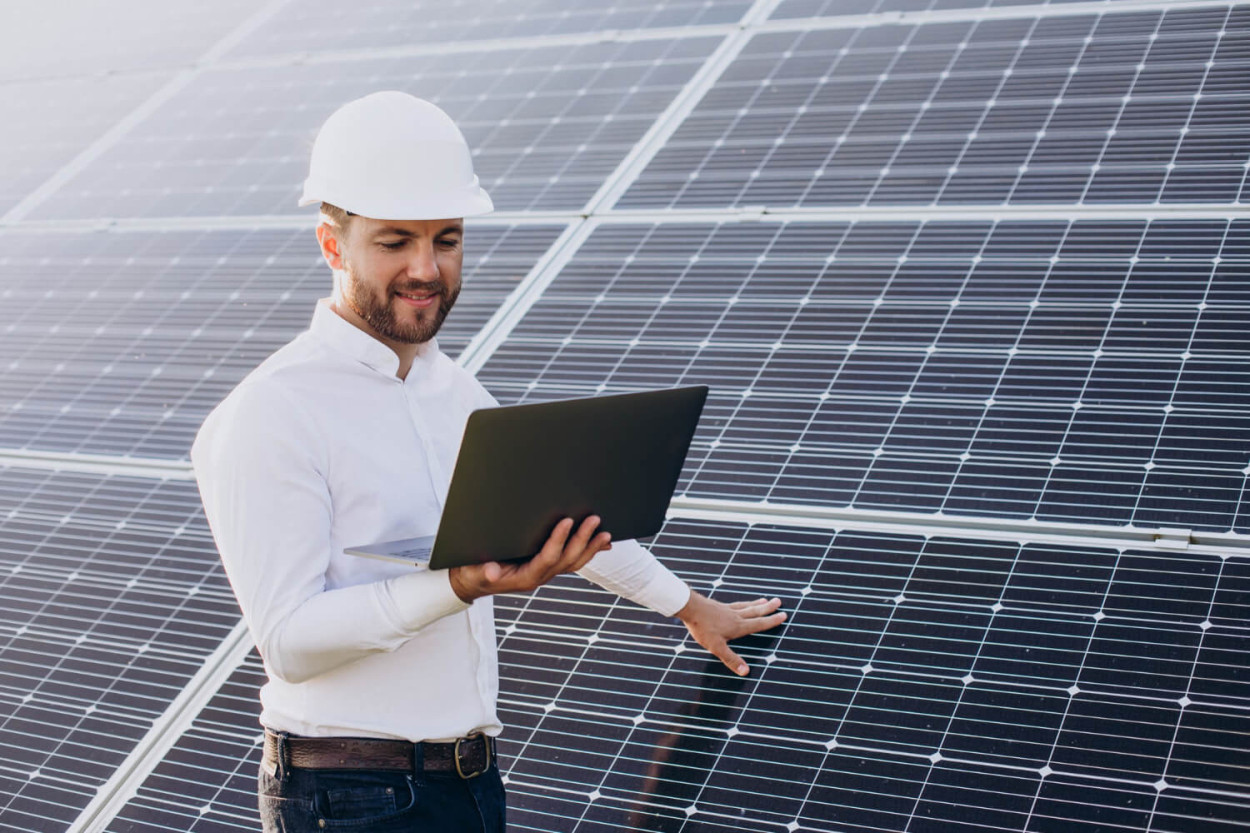0203 193 8888
0203 193 8888

As the world struggles with the increasing urgency of combating climate change, renewable energy sources like solar power have gained significant popularity. Solar panels, also known as photovoltaic (PV) panels, are an eco-friendly and sustainable solution for generating electricity for your home. However, many people wonder if investing in solar panels is worth it, particularly in the UK, known for its unpredictable weather. This article will explore the viability and benefits of installing solar panels in the UK.
Despite the UK’s reputation for cloudy and overcast weather, the UK has considerable solar potential. While it may not be equal to the levels seen in sunnier countries, the advancements in solar technology and favourable government incentives have made solar energy a good option for UK residents.
The UK government has created incentive schemes to encourage the use of solar panels. The Feed-in Tariff (FiT) was a program that paid homeowners for both the electricity they produced and the excess electricity they fed back into the national grid. The FiT scheme ended in 2019 but it has been replaced by the Smart Export Guarantee (SEG), which allows excess electricity to still be sold to energy suppliers. This scheme means homeowners can still benefit financially from their solar installations.
One of the main advantages of installing solar panels in the UK is the substantial savings on energy bills. Solar panels generate electricity during daylight hours, reducing the need to purchase electricity from the grid to power your home. This is particularly useful during the summer months when longer daylight hours coincide with higher energy consumption.
While the initial cost of installing solar panels may seem intimidating, it's pivotal to consider the long-term financial benefits. Over time, the savings generated from a reduction in energy bills can offset the initial investment. Additionally, through the SEG government scheme, homeowners can earn money by selling excess electricity back to the grid. Depending on the size and efficiency of the solar panel system, the ROI period can vary, but it typically ranges from just 7 to 12 years.
Investing in solar panel installation not only provides you with financial benefits but also contributes to a greener and more sustainable environment. Solar power is a renewable energy source that produces no greenhouse gas emissions when operating. By utilising the sun's energy, homeowners can significantly reduce their carbon footprint and help reduce climate change.
Solar panels require minimal maintenance, making them an easy investment. Usually, panels only need periodic cleaning to remove debris or dust, which can be easily done with just water and a soft brush. With no moving parts, solar panels are durable and typically last for 25 to 30 years. Many manufacturers also offer warranties that cover system performance, ensuring peace of mind and confidence.
Despite the UK's reputation for terrible weather conditions, installing solar panels can be a smart and worthwhile investment. The UK's solar potential in addition to government incentives like the SEG scheme, make it an appealing option for homeowners looking to reduce their carbon footprint whilst also saving on energy bills. With a reasonable return on investment, long-term financial benefits, and limited maintenance requirements, solar panels can contribute massively to a sustainable future while providing many advantages for homeowners in the UK.
It's crucial to consult with reputable solar panel installers and evaluate your property's suitability before deciding to invest in solar panels. By taking advantage of the UK's renewable energy potential, you can embrace clean energy and make a positive impact on both the environment and your finances.
Back to Blog